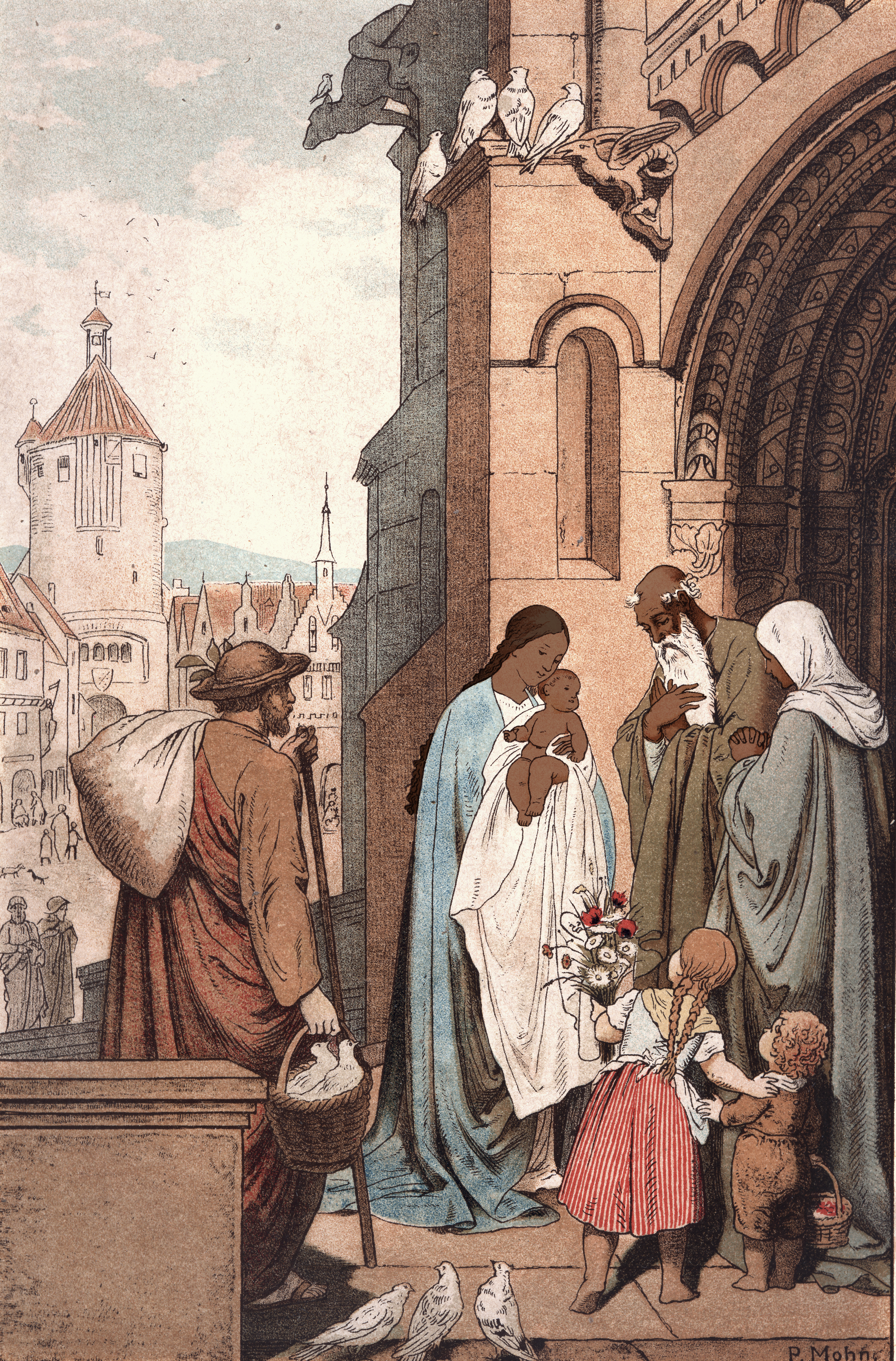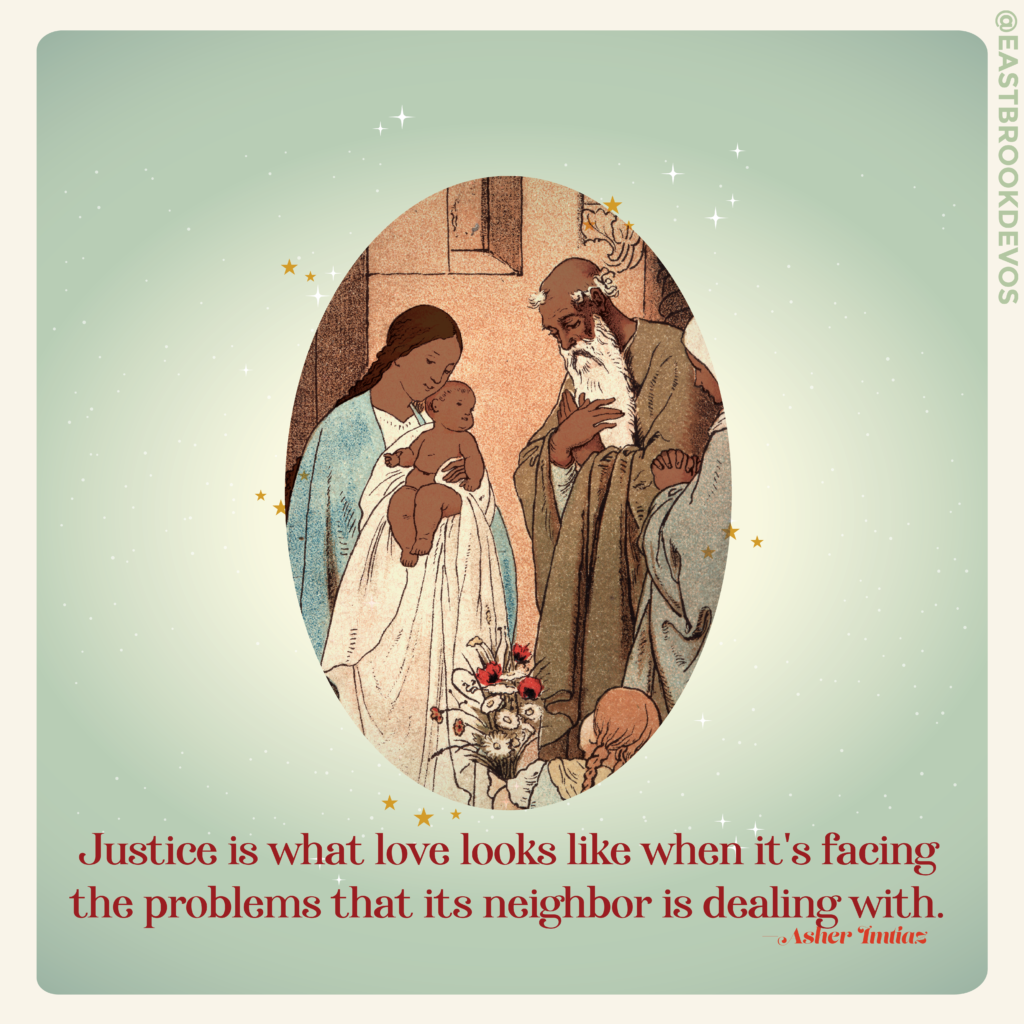This first of the servant songs introduces the servant as someone who brings justice. In the Bible, justice means “putting everything right”.
Biblical authors have written about God’s justice both as a future reality and also as a present reality. We should not just wait for the end when God will put everything right. According to the artist Makoto Fujimura, in the post-resurrection reality, “redemptive and restorative acts are the signs of the New Heaven and the New Earth,” and we should begin that restorative work now.
For the last several years when immigration has been a focus, I have been documenting people living under pressure, such as refugees and asylum-seekers. Most of the time, they have faced injustice or are currently facing injustice in the part of the world they are living in. I have also moved to other issues like documenting people in the Navajo Nation where half of the residents lack running water and healthcare access during the pandemic. These interactions have forced me to reflect on the role of photography and art in God’s mission of justice and peace and what I can do locally to mobilize causes of justice through photography. They have also forced me to reflect on how to do these things while avoiding any personal or political propaganda or by exploiting those in the photographs, but still raising awareness of injustice in the world.
In the last few months, one third of Pakistan (my country of origin) was underwater after massive floods, then there was news from Bangladesh and neighboring countries that are far away from here but are facing environmental justice issues right now. I wonder what we can do beyond thinking and praying about it.
I realize that seeing the people behind these issues is something I can still do without art or photography. Living a life of sustained attention is a start, becoming aware and then finally moving to responsibility.
N.T. Wright has put it this way, “It’s time we actually took these issues seriously, partly simply out of love, because… justice is what love looks like when it’s facing the problems that its neighbor is dealing with. And if we can’t translate our love into justice, then I think Jesus himself would say, ‘Have you actually understood what the word love means in the first place?'”
For Reflection:
- What does it mean for us and for Eastbrook to follow the servant in justice (making things right) locally? What does it mean to be a church of the servant?
- How can God’s restorative justice flow through us to the world?
by Asher Imtiaz
Recommended Posts

Reflect & Respond: Week 6
January 7, 2023

What Truly Matters
January 6, 2023

True Wisdom
January 5, 2023



